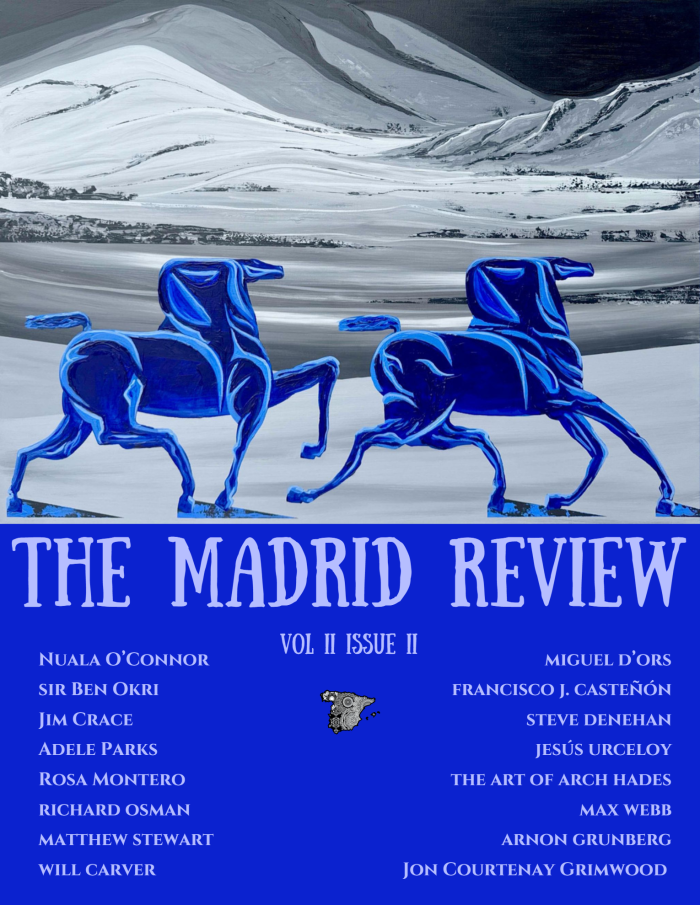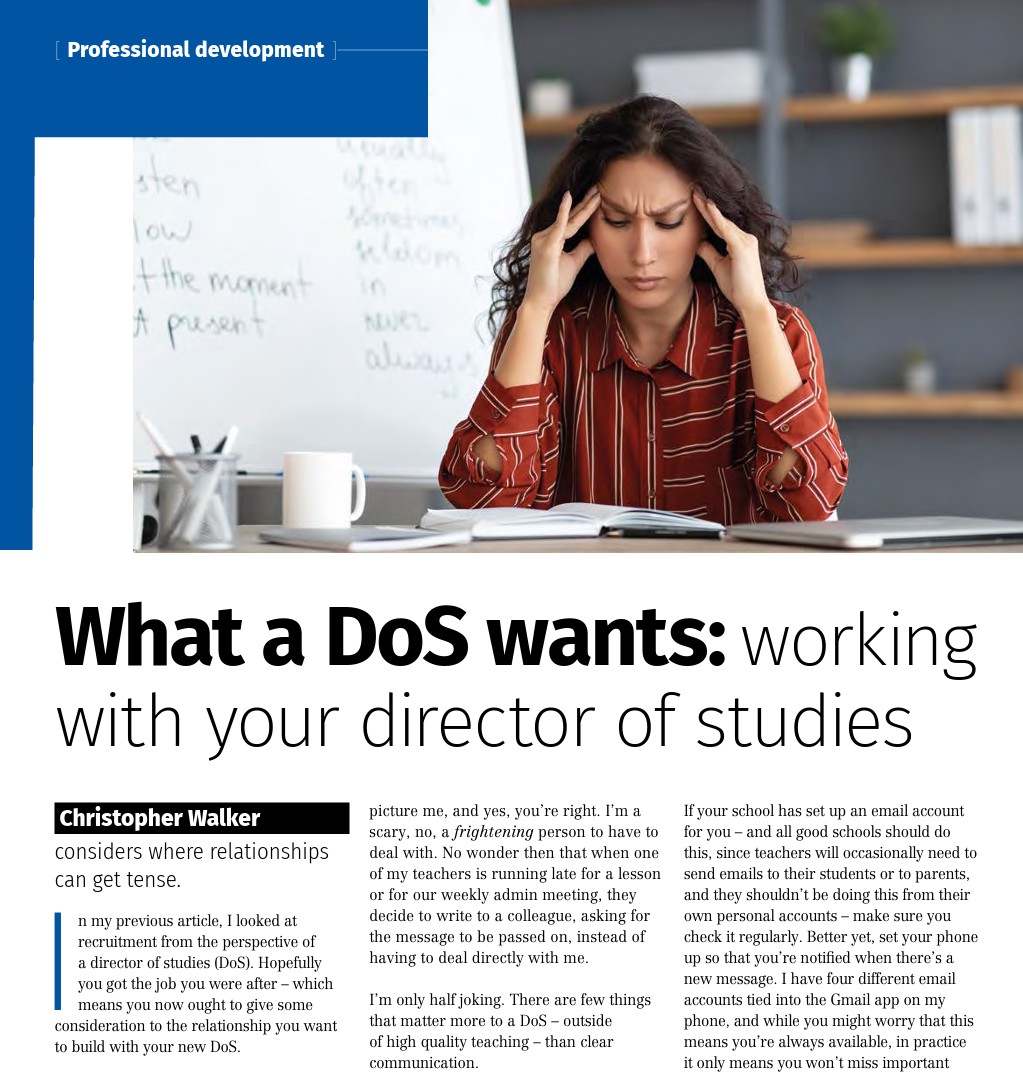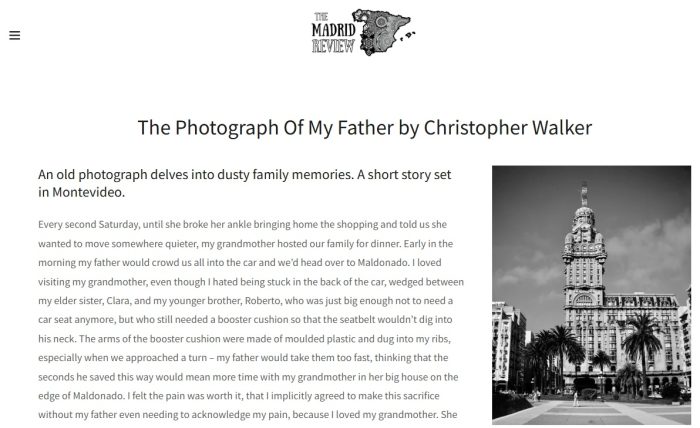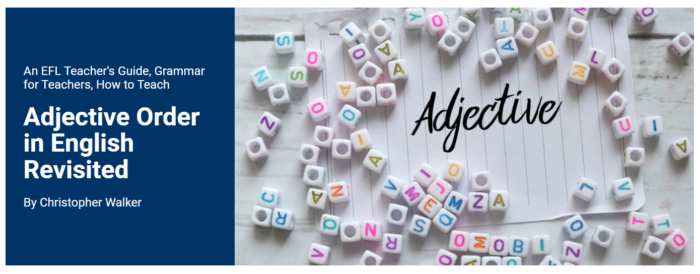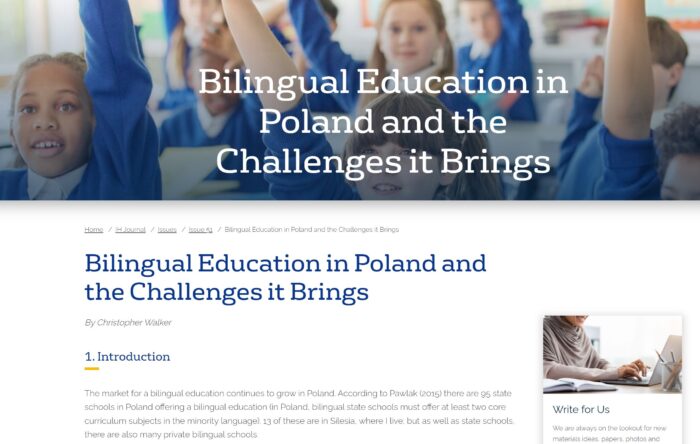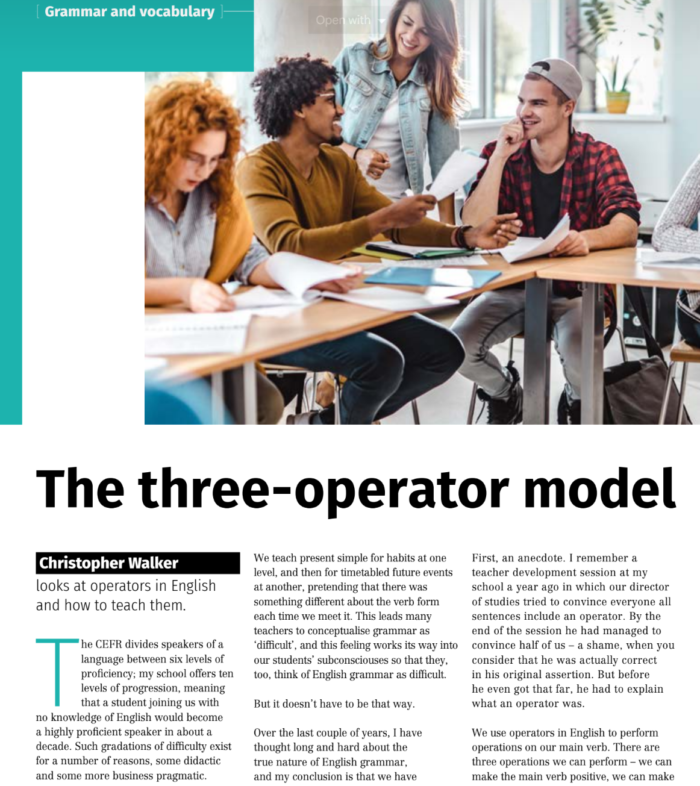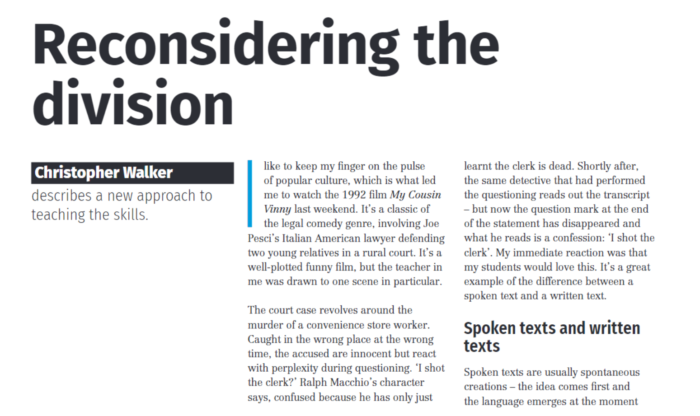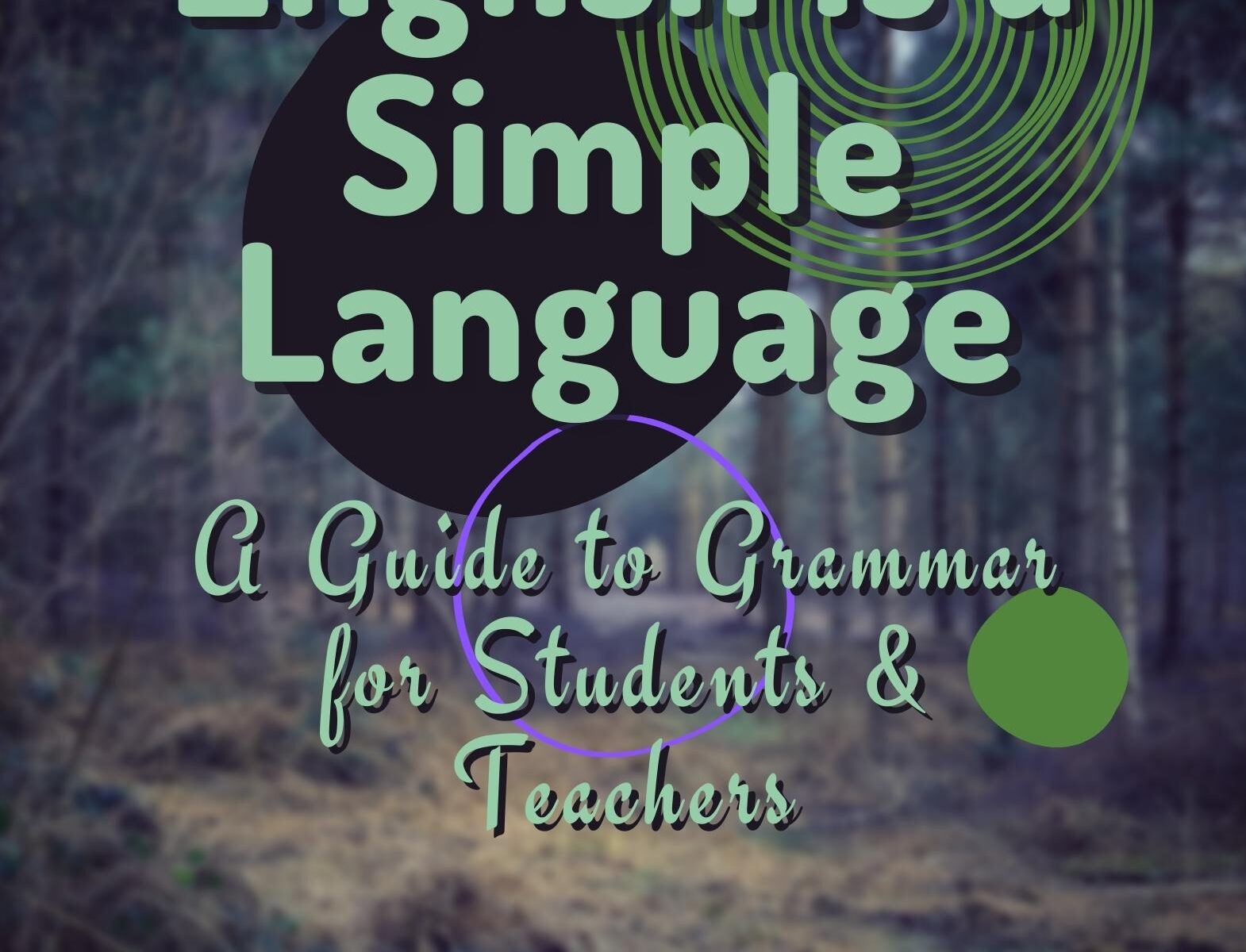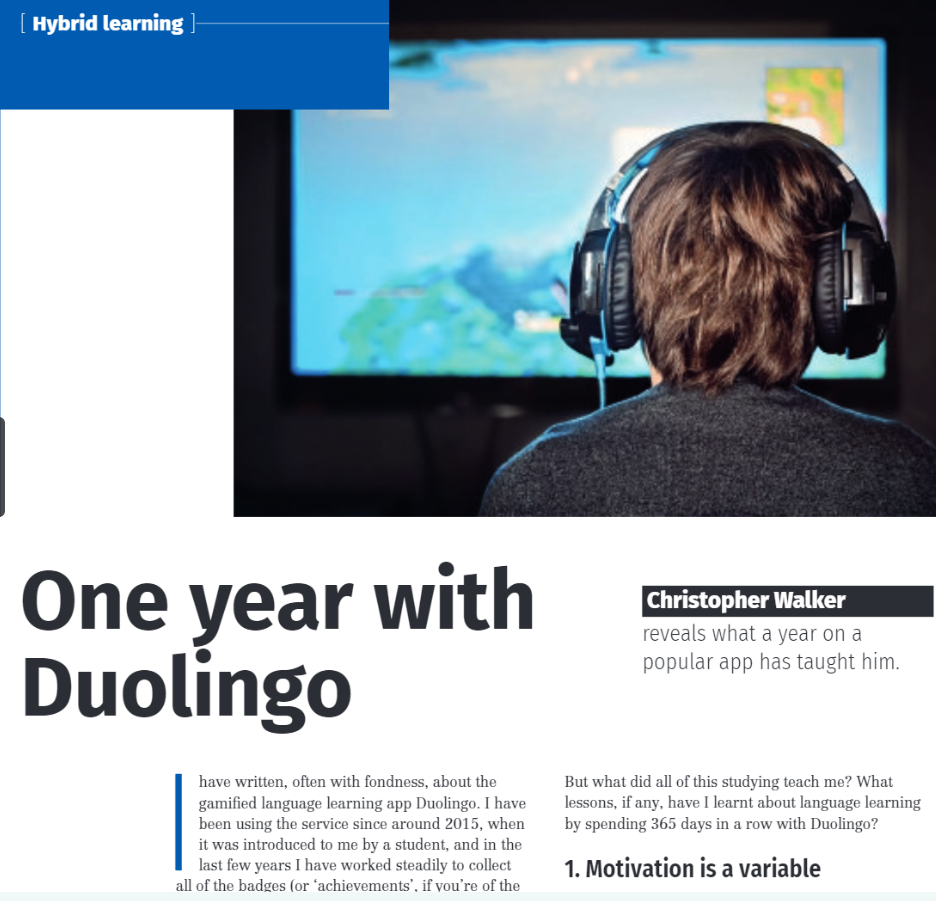My latest book is available now from Amazon.
What is it about, and who is it for?
I firmly believe that English is a simple language – so much so that I have written a whole book about the fundaments of English grammar, exploring what lies at the heart of the language.
The book goes through the different parts of the English verb system, looking at the difference between simple and continuous forms, and explaining how the perfect form really works.
We then consider the idea of distance, which explains the reasons for verb form changes in English. Have you ever wondered why Would you like a drink? is more polite than Will you have a drink? This book explains the logic behind the grammar.
Once we have looked at the verb forms and the modals that English has available to it, we then consider how conditionals are structured – they are more regular and understandable than you have been led to believe!
So, who is the book for?
It’s for everyone – it doesn’t matter if you are teaching English as a foreign language, or if you are a student looking to master what you think are deeply irregular sets of rules. This book will help everyone with an interest in the English language.
It’s available now in both the paperback and Kindle edition, via Amazon.
